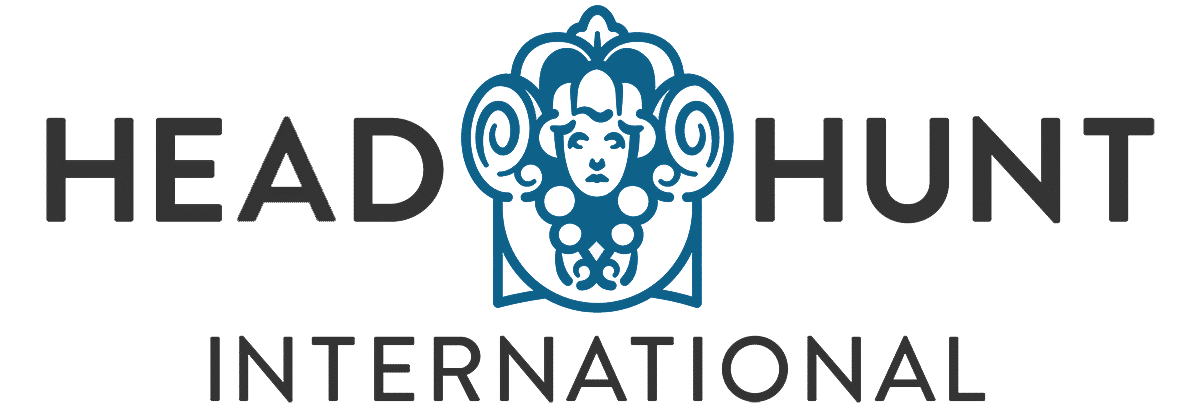As we move into 2025, the global employment landscape continues to evolve in response to technological advancements, societal shifts, and economic developments. With these changes, the job market is poised for both challenges and opportunities. Here are some key predictions for employment trends in 2025 that professionals, job seekers, and employers should prepare for:
1. Continued Growth in Remote Work
The remote work revolution, accelerated by the COVID-19 pandemic, is here to stay. By 2025, an estimated 30% of the global workforce will work remotely at least part-time. Hybrid work models are becoming the norm, and companies are increasingly investing in digital infrastructure and tools to support virtual collaboration. This shift has also broadened the talent pool, enabling businesses to hire from diverse geographical regions.
2. Rise of Green Jobs
With climate change initiatives gaining momentum, the demand for green jobs is surging. Industries such as renewable energy, sustainable agriculture, and electric vehicle manufacturing are expected to see significant growth. Governments and private organizations are prioritizing sustainability, leading to the creation of roles such as climate analysts, energy auditors, and sustainability consultants.
3. AI and Automation Reshaping Roles
Artificial intelligence and automation are transforming industries at an unprecedented pace. While these technologies will eliminate some repetitive tasks, they will also create new opportunities. Roles such as AI specialists, machine learning engineers, and robotics technicians are in high demand. Additionally, workers in traditional roles will need to adapt by upskilling in digital and analytical competencies.
4. Healthcare Sector Expansion
The healthcare industry is undergoing a significant transformation, driven by aging populations and advancements in medical technology. Careers in telemedicine, mental health support, and biotechnology are on the rise. Additionally, there’s a growing emphasis on preventive healthcare, which is creating demand for wellness coaches, nutritionists, and fitness experts.
5. Focus on Soft Skills and Emotional Intelligence
As automation takes over technical and repetitive tasks, employers are placing greater emphasis on soft skills. Emotional intelligence, communication, adaptability, and problem-solving are becoming critical differentiators in the workplace. In 2025, professionals who can demonstrate strong interpersonal skills alongside technical expertise will have a competitive edge.
6. Gig Economy and Freelancing Boom
The gig economy is set to expand further, with platforms like Upwork, Fiverr, and Toptal continuing to grow. By 2025, nearly half of the workforce in some industries may be freelance. Flexibility, autonomy, and the ability to work on diverse projects are driving this trend. However, challenges such as income stability and access to benefits remain areas of concern for gig workers.
7. Reskilling and Lifelong Learning
As industries evolve, the need for continuous learning is becoming imperative. By 2025, most professionals will undergo reskilling or upskilling to remain competitive. Online learning platforms, corporate training programs, and government initiatives are making education more accessible. Fields such as data science, cybersecurity, and digital marketing are particularly ripe for reskilling efforts.
8. Cybersecurity and Data Privacy Jobs on the Rise
With the increasing reliance on digital systems, cybersecurity has become a top concern for businesses and governments alike. The demand for cybersecurity analysts, ethical hackers, and data privacy officers will continue to grow in 2025. Professionals in this field will need to stay ahead of evolving threats and regulatory requirements.
9. Flexibility in Job Roles and Career Paths
Traditional career ladders are giving way to more fluid and nonlinear career paths. In 2025, employees will seek roles that align with their values, passions, and lifestyles. Companies that offer flexible work arrangements, career mobility, and opportunities for personal growth will attract top talent.
10. Focus on Mental Health in the Workplace
Mental health has become a critical aspect of employee well-being. By 2025, more companies are expected to implement mental health programs, offer resources for stress management, and provide access to therapy and counseling. Organizations that prioritize mental health will not only enhance employee productivity but also foster loyalty and job satisfaction.
Preparing for the Future
The employment trends of 2025 highlight the importance of adaptability in an ever-changing job market. Whether you’re an employer or a job seeker, staying informed and proactive is key to thriving in this dynamic environment. Embrace technological advancements, invest in lifelong learning, and foster a culture of inclusion to make the most of the opportunities that lie ahead.




